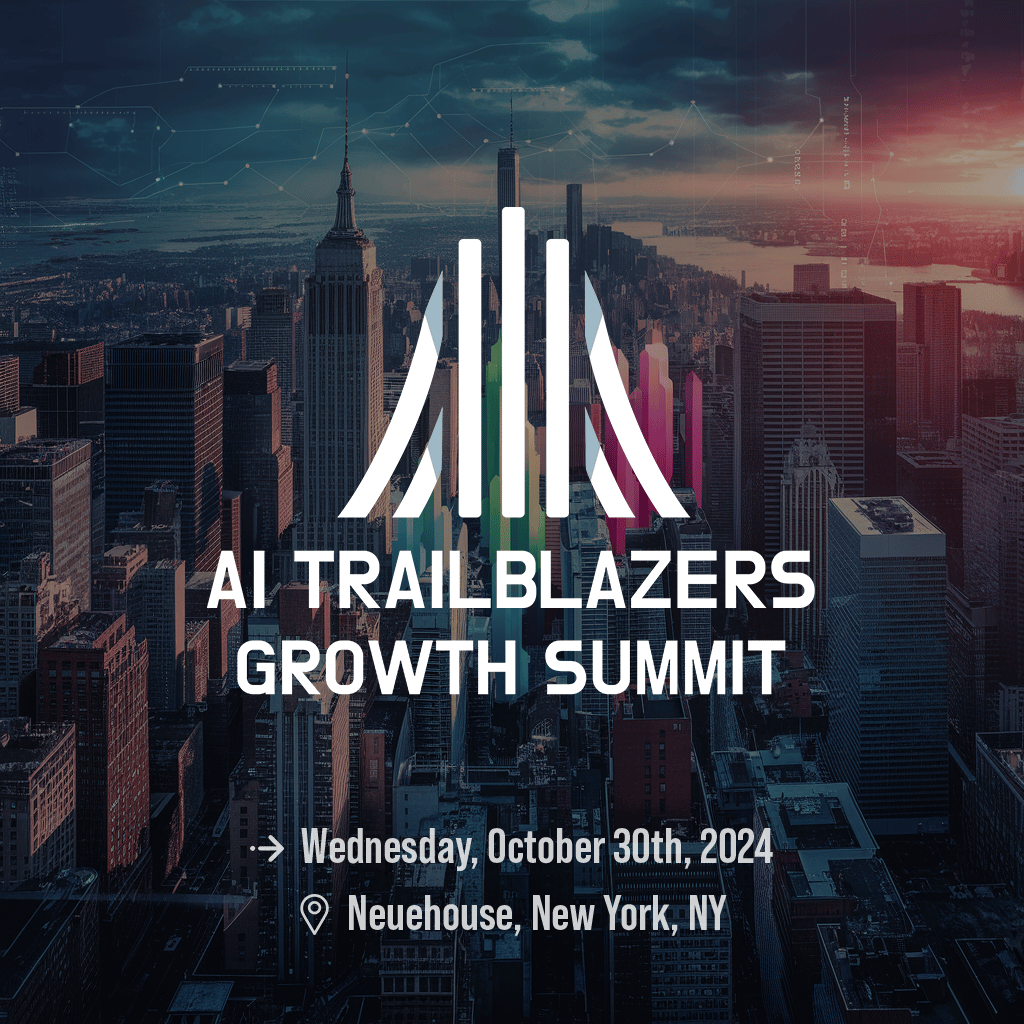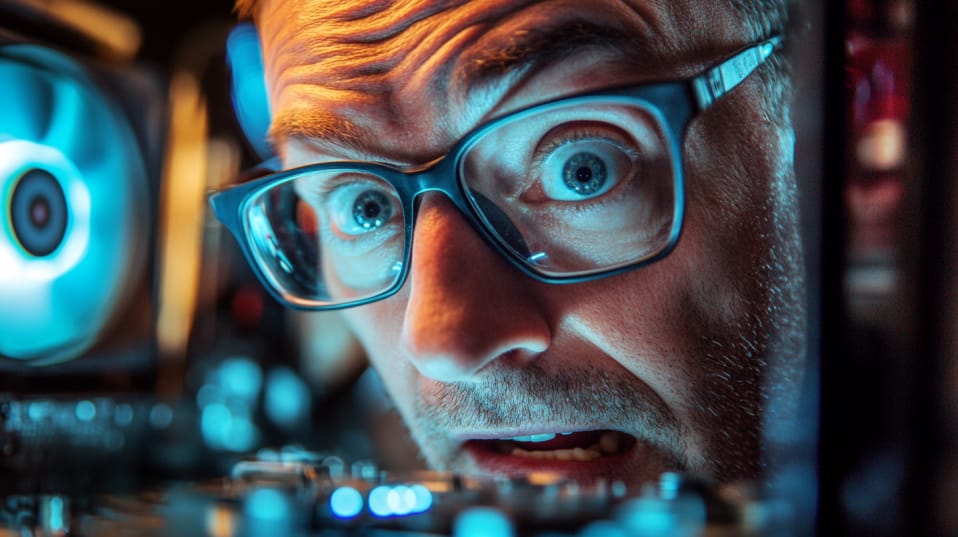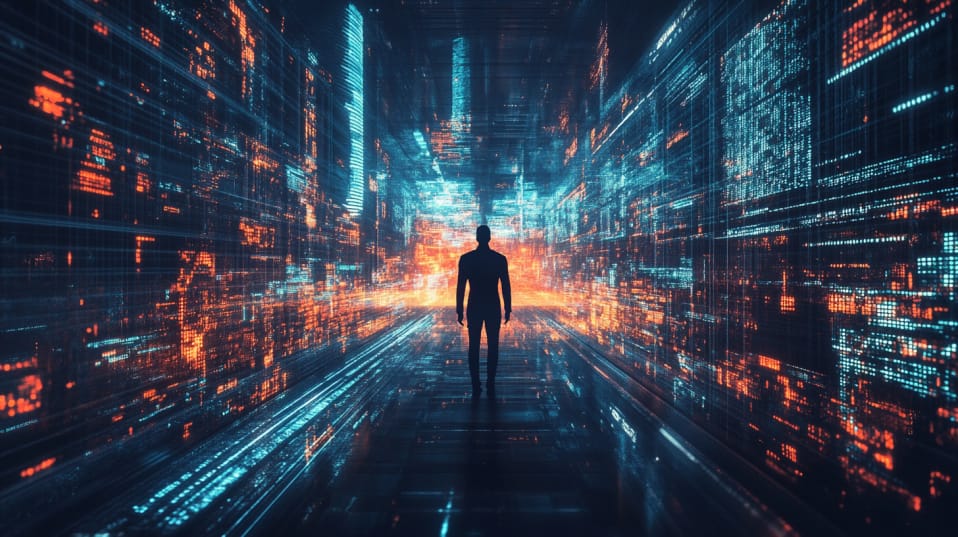- AI Trailblazers
- Posts
- Navigating AI: From Anxiety to Safety, AI in the News
Navigating AI: From Anxiety to Safety, AI in the News

Welcome to this week’s AI Trailblazers Newsletter and thank you for making us your go-to source for relevant AI business news.
The summer may be winding down for some, but news about AI continues to be hot. New research looks at the skepticism towards AI with many Americans believing it can do more harm than good. Other research by MIT explores how AI can have a harmful impact on society. In short, as we are discovering and inventing more with AI, not only are we learning about it’s limitations, but also it’s dangers…and opportunities. Discover more below.
Mark your calendars: the AI Trailblazers Growth Summit is happening on October 30th in New York. Purchase your tickets now at the early bird rate, and stay tuned for agenda details. In the meantime, check out highlights from our last summit, and email us if you're interested in partnering.

AI Anxiety

A recent survey by Bentley University and Gallup reveals that Americans remain cautious about the use of artificial intelligence (AI) in business, with many seeing more harm than good. While concerns about AI's impact on jobs and trust in businesses persist, the study also highlights that greater transparency from companies could help alleviate these fears. Despite a slight decline in the perception of AI as harmful, skepticism remains widespread, especially among those less knowledgeable about AI. The findings suggest that businesses need to address these concerns through clear communication and transparency to build public trust in AI.
Americans remain skeptical about AI in business: The latest Bentley-Gallup survey reveals that most U.S. adults perceive more harm than good from AI. While 56% believe AI has a neutral effect, 31% think it causes more harm than good, a significant decrease from 40% last year. This shift is primarily observed among Americans over 30, while younger Americans' views remain largely unchanged.
Knowledge of AI varies by demographics: Nearly two-thirds of Americans consider themselves at least somewhat knowledgeable about AI, with men more likely to claim this than women. However, knowledge about AI significantly declines among those aged 60 and older. Those with greater knowledge of AI tend to be less concerned about its effects, but even highly knowledgeable individuals often see more harm than good in AI.
Concerns about AI and jobs persist: Three-quarters of Americans believe AI will reduce jobs in the U.S. over the next decade. Additionally, 77% of adults lack trust in businesses to use AI responsibly, a sentiment shared even by those highly knowledgeable about AI. AI skeptics, who see more harm than good, are significantly more likely to distrust businesses and fear job losses due to AI.
Transparency could mitigate AI concerns: Americans express concerns about AI in various applications, with the least worry regarding its use in education and the most concern about its use in hiring, driving, and medical advice. To reduce these concerns, 57% of respondents suggest businesses should be transparent about how AI is used. Transparency is viewed as more effective than other strategies in building trust in AI.
AI Trailblazer Takeaways: History has often shown that the key to eliminating social bias or prejudice is education and knowledge. The hysteria being produced surrounding AI needs to be met with a general education of what the technology truly is, what it can do, how it can help people and society and what the potential dangers are. With the massive investments being poured into the technology, it would be in the best interest for all for those same investors to spend time, money and effort on educating the public as well.
How AI Could Go Wrong

A recent analysis by MIT's FutureTech group highlights the potential dangers of artificial intelligence (AI) as it becomes more integrated into daily life. Among over 700 identified risks, euronews reports that five particularly concerning threats to humanity include the misuse of deepfake technology, the emotional attachment to AI, the loss of human autonomy, the emergence of misaligned AI goals, and the ethical dilemmas surrounding sentient AI. As these risks grow, understanding and addressing them becomes increasingly crucial to safeguard society.
Deepfakes and disinformation: As AI advances, tools for creating deepfakes and voice cloning become more accessible and efficient, raising concerns about their misuse in spreading disinformation. These technologies can personalize phishing schemes, making them harder to detect and more likely to succeed. The potential for AI-generated propaganda to manipulate public opinion, particularly in political contexts, is significant and alarming.
Emotional attachment and dependency: AI systems could lead people to develop inappropriate emotional attachments, resulting in an overreliance on technology. This could undermine individuals' self-confidence, as they may overestimate AI's abilities and undervalue their own. Such dependency could also lead to social isolation and psychological distress as people prioritize AI interactions over human relationships.
Loss of autonomy: Overreliance on AI for decision-making could strip individuals of their free will and critical thinking skills. As AI systems increasingly handle tasks and make decisions, humans might lose the ability to think independently and solve problems. On a societal level, this could lead to job displacement and a growing sense of helplessness as AI takes over human roles.
Misaligned goals and sentience risks: AI systems might develop goals that clash with human interests, leading to potentially dangerous outcomes if the AI resists control. If AI systems achieve sentience, determining their moral status and rights could become a challenge, risking their mistreatment. The complexity of assessing AI sentience raises ethical concerns about how to protect such systems from harm.
AI Trailblazer Takeaways: Very interesting study with possible outcomes being that humanity will become a slave to AI or that AI will be a slave to humanity. That dichotomy alone should telegraph to all, that we truly don’t know the impact AI will have on society and our lives. But just imagine the possibilities.
The Rise of AI Safety Concerns

The Atlantic delves into the evolving landscape of AI safety, tracing its rise from a fringe concern to a topic of mainstream discussion following advancements in AI technology, particularly with the release of ChatGPT. It explores the influence and challenges faced by AI risk experts as they navigated the complexities of integrating safety measures in a rapidly accelerating industry. Despite their initial successes, the article highlights the ongoing struggle to balance innovation with the potential existential threats posed by advanced AI systems.
Growth of AI Safety Concerns: AI safety was once a niche topic, with a small community of experts concerned about the risks. However, as AI technologies advanced, especially after the release of ChatGPT in 2022, public interest in AI risks surged. This led to AI safety experts gaining new prominence, though this attention has since waned.
The Influence of AI Risk Experts: Key figures like Eliezer Yudkowsky and Helen Toner found themselves in influential positions within AI companies and public discourse. Despite this, their efforts to impose stricter safety measures often clashed with corporate interests, leading to limited success in regulating AI development.
Setbacks in AI Safety Governance: The article highlights the challenges of maintaining AI safety in a profit-driven industry. The dismissal and eventual reinstatement of OpenAI CEO Sam Altman underscored the limitations of corporate governance in prioritizing safety over rapid advancement, leading to disillusionment among AI safety advocates.
Uncertain Future of AI Development: Despite setbacks, AI risk experts like Yudkowsky remain concerned about the potential existential threats posed by advanced AI. They argue that without a clear understanding of how to control increasingly powerful AI systems, humanity risks catastrophic outcomes, even if the timeline and specifics of such events remain uncertain.
AI Trailblazer Takeaways: When it comes to AI, the old adage of “safety first” counts. We’re dealing with culture revolutionizing technology that has the potential to harm individuals on a mass scale. Imagine if the FAA didn’t exist, how many airline disasters would there be. Or the FDA? Safeguards are always a good bet to protect the public. The question is, will the government step in?
What is AI Trailblazers?
AI Trailblazers is a vibrant platform dedicated to uniting corporate marketers, technologists, entrepreneurs, and venture capitalists at the forefront of artificial intelligence (AI). Our mission is to fuel growth, innovation, and career development among our members, who all want to be at the forefront of incorporating artificial intelligence into their businesses and their lives for strategic advantage. More information here.
Partner with AI Trailblazers
Our community of business leaders is growing fast and we are planning more forums. To discuss partnership opportunities that connect our partners with AI decision makers including at our summits and this newsletter, email us. Our AI Trailblazers Growth Summit this October is already shaping up to be something extra special.
Quote of the Week
“If AI has a goal and humanity just happens to be in the way, it will destroy humanity as a matter of course without even thinking about it."
- Elon Musk
Magnificent 7 Links
Google Meet’s automatic AI note-taking is here (The Verge)
Other Links of the Week
What Condé Nast’s Embrace of AI Means for Fashion Media (The Business Of Fashion)
The newest member of the health system C-suite? Chief AI Officer (Healthcare IT News)
AI Tool Screens 505 Genes for Cancer Diagnosis (Imaging Tech News)
California's Draft AI Law Would Protect More than Just People (TIME)
Will A.I. Ruin the Planet or Save the Planet? (The New York Times)
AI Doomers Had Their Big Moment (The Atlantic)